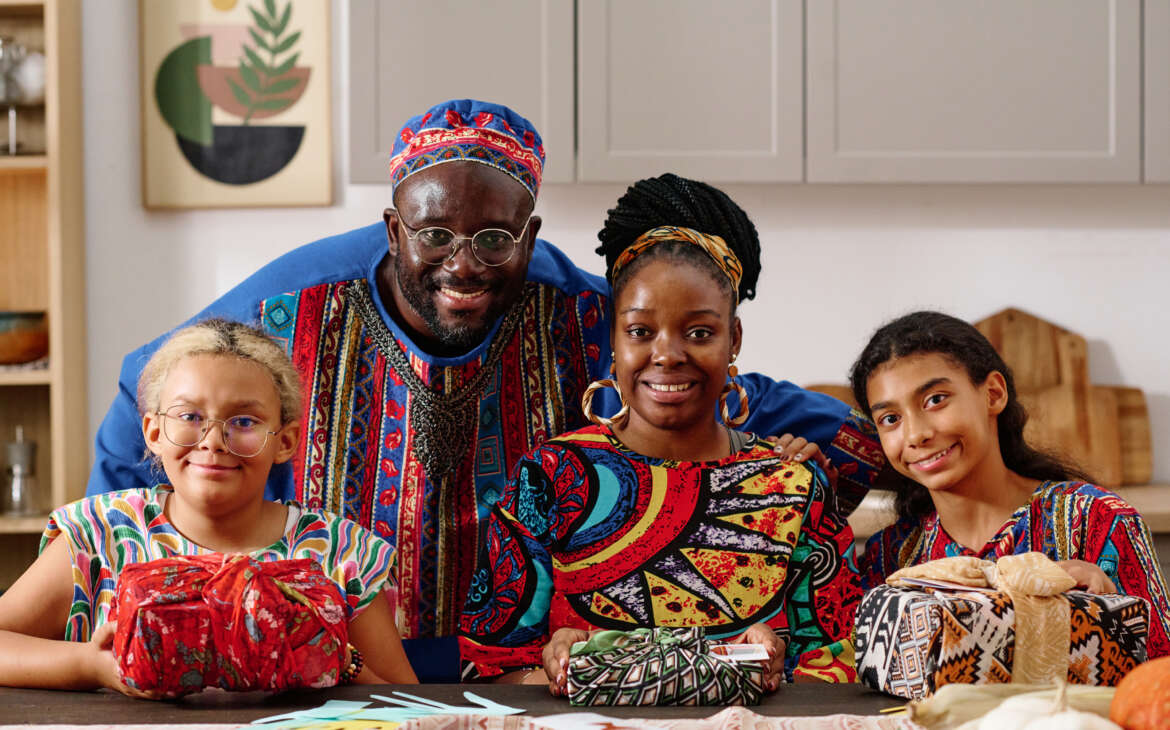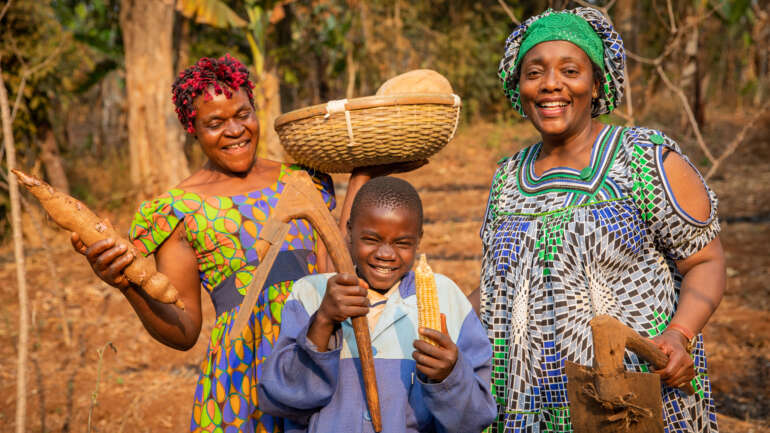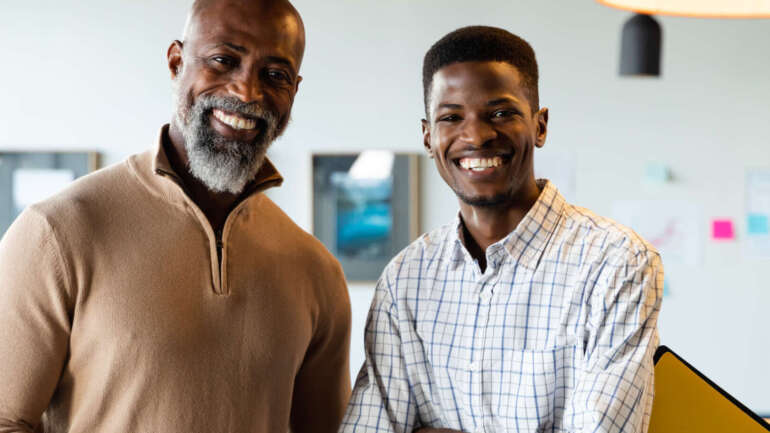For too long, education reform has been framed as a choice between embracing modernity or preserving tradition a false dichotomy that forces communities to abandon cultural heritage in pursuit of progress.
At Future Seeds Foundation, we reject this limiting perspective. Our educational philosophy is built on the understanding that the most powerful learning experiences occur when modern educational approaches are deeply rooted in cultural context and traditional wisdom.
By weaving together these seemingly disparate threads, we create learning environments where Ghanaian youth can draw strength from their heritage while developing the skills needed for tomorrow’s challenges. Cultural relevance isn’t merely a feature of our programs—it’s the foundation upon which meaningful, transformative education is built.
Cultural Elements in Our Curriculum
The integration of cultural elements within our curriculum goes far beyond superficial celebrations or occasional references to tradition.
We’ve systematically incorporated specific forms of traditional knowledge that have sustained Ghanaian communities for generations.
Traditional ecological knowledge informs our environmental science lessons, with students learning sustainable farming techniques passed down through generations alongside modern conservation practices.
Local mathematical concepts, such as the geometric patterns in Kente cloth and the mathematical principles in Oware (a traditional board game), are explored as practical applications of abstract concepts.
Language preservation stands as a cornerstone of our approach. While English remains important for global communication, our programs operate with a multilingual philosophy.
Instruction in Twi, Ga, Ewe, Dagbani and other regional languages ensures concepts are deeply understood rather than memorized. Students develop literacy in their mother tongue before transitioning to English, creating stronger cognitive foundations while preserving linguistic heritage.
Perhaps most distinctively, community elders are not merely consulted but serve as active co-designers of our educational programs. Through our Wisdom Council initiative, elders work directly with certified teachers to develop lessons that incorporate oral histories, traditional music, indigenous technologies, and ethical frameworks derived from cultural proverbs and stories. These elders often serve as guest instructors, bringing authenticity and depth to cultural learning experiences.
Balancing Act
The synergy between traditional values and modern educational approaches creates a powerful balance in our programs. Rather than competing paradigms, we find they complement and enhance one another in surprising ways.
Traditional emphasis on communal responsibility and collective success, for instance, creates natural opportunities for collaborative learning a pedagogical approach supported by contemporary educational research.
Similarly, the traditional apprenticeship model that has effectively transferred skills for generations aligns perfectly with modern experiential learning theories.
This synthesis appears throughout our curriculum. In our technology programs, students document traditional crafts using digital tools, creating multimedia archives while mastering digital literacy.
In entrepreneurship training, young people apply traditional trading principles to modern business models, developing ventures that honor cultural values while embracing innovation.
Students themselves report that this integrated approach resonates deeply. “I used to think my grandmother’s knowledge was old-fashioned,”
reports Akosua, a 16-year-old participant.
“Now I see how her understanding of natural medicine contains scientific principles we’re just beginning to recognize. I feel proud of this knowledge that’s been preserved in my culture.”
Community Engagement Model
Our community engagement extends beyond token consultation to genuine partnership. Parents and community elders participate in quarterly program reviews, where academic results are presented alongside assessments of cultural competency and character development.
Sessions aren’t merely reporting mechanisms but active workshops where community members contribute substantive feedback that directly shapes program evolution.
Our Participatory Action Research approach ensures community voice is centered in all program design. Before launching any initiative, we conduct community listening sessions where local priorities and concerns are identified.
Insights are systematically documented and incorporated into program frameworks, ensuring interventions address genuine community needs rather than external assumptions.
This collaborative decision-making is institutionalized through our Community Education Councils, where parents, teachers, elders, and youth representatives develop shared educational visions and accountability mechanisms that honor both traditional values and contemporary educational goals.
Case Study
Our Sankofa Science program exemplifies this bridge between traditional knowledge and modern education. This integrated science curriculum combines traditional ecological knowledge with conventional scientific methods.
Students interview elders about traditional weather prediction techniques, then compare these observations with meteorological data collected using digital weather stations.
The program has yielded remarkable outcomes students demonstrate stronger scientific reasoning skills while developing deeper appreciation for indigenous knowledge systems.
Community reception has been overwhelmingly positive, with elders reporting increased intergenerational connection and students showing unprecedented engagement with scientific concepts.
Conclusion
Our vision extends beyond creating isolated programs to catalyzing a fundamental shift in how education is conceptualized in Ghana.
We envision educational systems that no longer force youth to choose between cultural identity and modern opportunity, but instead harness the power of both. We invite community members to join this journey as mentors, knowledge-keepers, program advisors, or supporters.
Together, we can nurture an educational approach that honors where we’ve come from while confidently building where we’re going.



